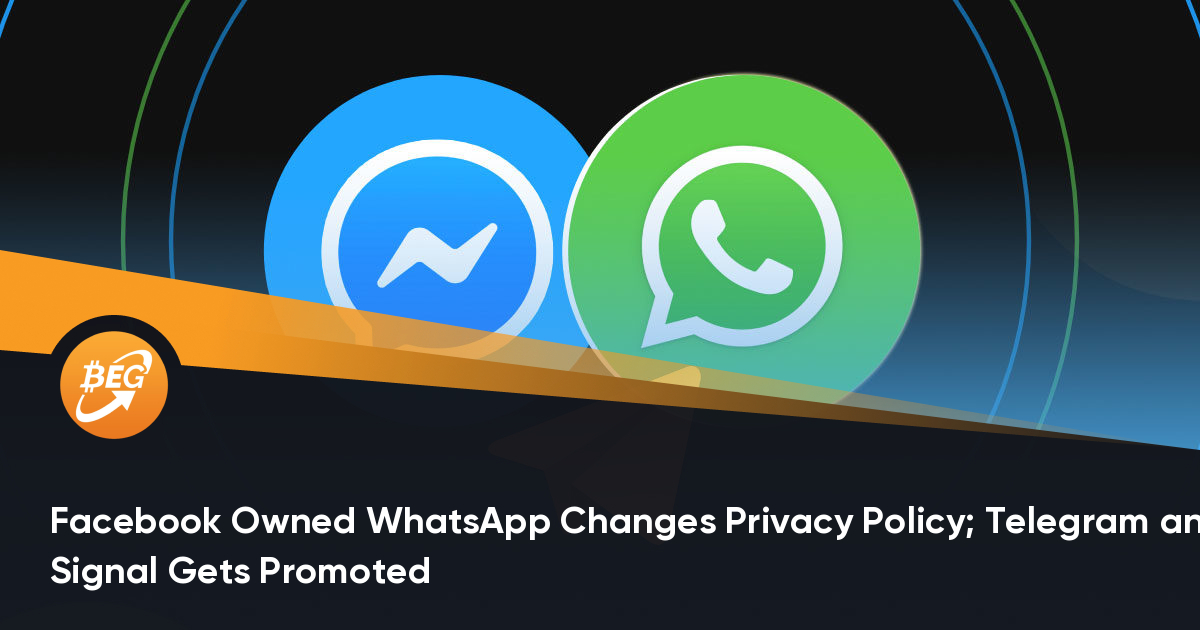
The Information reports that WhatsApp’s owners believed the social giant has a better grasp on things, and they also believed that Google was only interested in them to spite Facebook. Whatever Google offered, WhatsApp wasn’t interested as they see Facebook as a better match for them. But when Page learned that WhatsApp was not interested in its offer, he went to Sequoia Capital, WhatsApp’s investors, and made it clear that he will outbid whatever Facebook offered. Page wanted to counter Zuckerberg’s offer and the way to lure Koum away from the Zuck’s grasp was to tell him that if he chose Google, the company will stay independent as it’s a big threat to Facebook’s own services. Google CEO Larry Page reportedly met with WhatsApp CEO Jan Koum last week after learning that Facebook CEO Mark Zuckerberg was bidding for the app. But Google’s involvement didn’t end there. The offer was turned down, and as you now know, Facebook later stepped in to buy it. Sometime last year, Google apparently approached WhatsApp, offering the company money for the right to be notified if and when someone else expressed interest to acquire it. Yes, Google, the search engine giant, was willing to pay above and beyond the $19 billion that Facebook shelled out for the cross-platform chat service, according to a report from The Information. Misinformation is a problem these days, one everyone should be aware of and do their best to not make worse.If you haven’t gotten over the fact that Facebook is paying a stunning $19 billion in cash and stocks for WhatsApp, then you’ll get a kick out of this: Google was ready to offer even more. WhatsApp did take steps to try and stop the flood of misinformation when it began limiting the number of times people could pass on frequently forwarded content to five chats at once. In 2020, WhatsApp became such a major source of misinformation about the coronavirus that world leaders called out the app by name. Messaging aside, it's worth considering WhatsApp's role in spreading misinformation. People looking for a true privacy-centered messaging app can find better options, like Signal and Threema. This means that lots of metadata, things like purchase history, location, device ID, and more-can be captured and shared with businesses advertising on WhatsApp. The flip side of this is Facebook-a company infamous for its vast and questionably ethical collection of so much data-owns WhatsApp.

WhatsApp uses super strong end-to-end encryption for all texts, chats, and video calls, This is great! WhatsApp can’t read your messages or see your calls.

So, what’s the deal? Is WhatsApp bad for privacy? From a technical perspective, no, not really.

And then Ireland hit WhatsApp with a record $266 million fine for an alleged lack of transparency over how it shares data with Facebook. Then WhatsApp updated their privacy policy in a way that scared the pants off people, justified or not, which caused a huge jumping ship of WhatsApp users to apps like Telegram and Signal. It didn’t look good for WhatsApp, especially when Apple published the same info for their iMessage app. Facebook-owned WhatsApp caused quite the kerfuffle early in 2021 when it complained about Apple’s app store privacy labels that show all the data an app links to you.


 0 kommentar(er)
0 kommentar(er)
